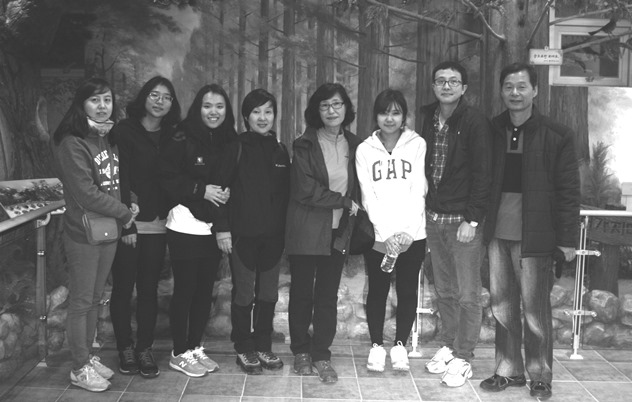About this time of the year, one can hear some people jokingly comment that springtime has come for couples. Some others take it further to tease that the sole purpose of the Spring Festival (though cancelled this year) is to let people have fun with their significant other, while singles (more commonly referred to as “solos”) have nothing better to do than, say, finishing assignments. “Single-since-birth” (or more popularly termed as motae-solo) has almost become a derogatory term in a college community where dating is more of a luxury than not. In effect, some of those who are not in a relationship at the moment - let alone the motae-solos - naturally look up to those that are dating, whether on campus or across some distance. Even mobile apps for lovers have established a sense of prerogative that imposes some feeling of loss for singles.

The point is, is dating really all roses? While the pros would far outweigh the cons, it surely is not all roses. And, while few would deny that reading between the lines is crucial in maintaining a relationship, Director of Counseling Center Soon-Whoan Park and Counselor Ju-shin Park told The KAIST Herald that more than meets the eye can get more than just “complicated” if you let the matters slip every time.
Could you briefly introduce yourselves and the Counseling Center?
My name is Soon-Whoan Park, and I am the director of Counseling Center. This is Ju-shin Park, a counselor and researcher at the Counseling Center. We are located on the third floor of Tae Wul Gwan (N13), and we are here to both help and encourage students to understand themselves better in general. Although we are not exactly problem solvers, we try to do what is beyond problem solving - introspection and better self-understanding. That is what is essential for a happy college life; we help students to take a step forward in the midst of difficulties concerning emotions, academics, and even relationships.
What are some thoughts and difficulties KAIST students have about intimate relationships?
Those that are seeing somebody are very much concerned about quarrels, conflicting emotions, misunderstandings, and ways to peacefully resolve the situation. Most students who find themselves talking to one of the counselors here talk about dilemmas between hurting themselves less and hurting their loved one more. In fact, the problems of every visitor to the Counseling Center all boil down to personal relationships in general; only that couples demonstrate a higher degree of intimacy, which may make expressions - or the absence of expressions - create huge ripple effects if left unnoticed and not taken care of. Other cases include students in depressed mood just after break-ups. In this case, some ask us how not to hurt, but we advocate the exact opposite - to feel hurt as much as possible and to the fullest. We believe that only then can the person can be ready for a new relationship and not trip over the same problem in the future.
How would you characterize the KAIST environment with regard to dating?
Apparently, the majors and professions here dictate the skewed distribution of gender. That is why some men have little understanding - or misconceptions - about women’s behavior or attitude. Also, since there are only a small number of women, some men find it burdensome to date women within the university. Another downside of the KAIST environment is that it is not uncommon to hear comments such as “Some women here have high pride, and think and act like princesses.” Moreover, the dormitory setting inevitably degrades the degree of privacy for each participant in a relationship, and some may feel too exposed. This can lead to passive and timid - if not nonexistent - attempts at correcting or addressing a problem between two people, since words can go around very fast if something goes wrong.
What would you say to those less active students who may find it awkward to approach counselors?
Many people consider that talking about “good” things such as personal strengths, amiable character, funny episodes, and pleasant compliments can advance an opposite sex relationship faster. While that may be true for any kind of relationship, what is more important is that one dedicates time to talk about the “not-so-good” things such as personal weaknesses, unpleasant childhood memories, shocking moments, personal dislikes, and differences in taste - in music, books, food, films, etc. - in order to not only advance the relationship but also to deepen it.
Do you have any last comments for the student population in general?
There are times when you might feel rejected or not loved enough. Most of these cases pertain to the person feeling the rejection rather than acknowledging it as a problem between the two. It might be that the other person loves you enough but does not understand why you act like you are rejected. It could be that you have less experience with a stable relationship where both sides feel adequately loved and paid attention to. Most importantly, if you feel you need a chance to know better about yourself - hence, bringing the relationship to the next level - come and talk to us at the Counseling Center.
Wan Ju Kang
soarhigh@kaist.ac.kr

